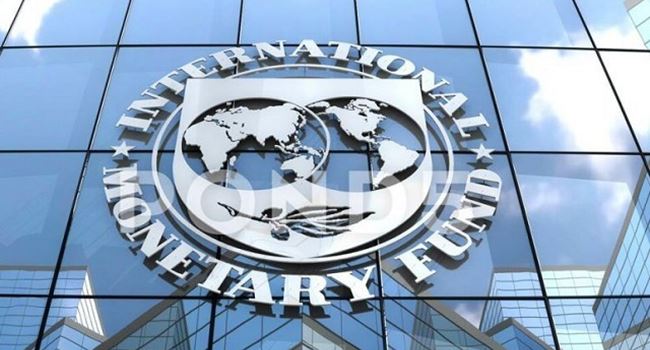Business
Economic forecast to change, as IMF warns of cost of living crisis

The International Monetary Fund (IMF) has hinted that it will change the institution’s global growth forecast in the wake of soaring historical inflation rate, induced by the Ukraine war.
IMF quoted Managing Director, Kristalina Georgieva, in a blog post on Friday, where she said the current economic downturn would weigh heavily on poor families, as the crisis raises cost of living, as governments across the world struggle with skyrocketing inflation.
Ripples Nigeria had reported that Nigeria’s inflation hit 18.60% in June, its highest in five years. Also, the United States had released its inflation data, which soared to 9.1% in June, the highest level in the last 41 years.
In order to curb the rise, countries are increasing their interest rate, that has sent borrowing cost to a new high in recent years. This policy is expected to increase cost of goods and services, especially in countries like Nigeria.
Hike in interest rate will reduce household spending, compel companies to suspend employment, and to some extent, cut their workforce to save cost in the face of declining earnings and lack of affordable loan to grow their business and meet expenses.
According to Georgieva, the ripple effect from the “human tragedy of the war in Ukraine” will trigger cost-of-living crisis, negatively impacting hundreds of millions of people, considering it will spill into the economy, sending shocks to commodity price, and slow the economy.
Read also:IMF warns Nigeria’s fiscal woes to get worst
These factors will compel the IMF to review its forecast in a report that will be released later in the month, “The IMF is likely to revise down its projections for global growth for both 2022 and 2023 in the World Economic Outlook Update later this month”, report paraphrased Georgieva.
“It is going to be a tough 2022—and possibly an even tougher 2023, with increased risk of recession.” the IMF chief was quoted.
Georgieva explained that, “The human tragedy of the war in Ukraine has worsened. So, too, has its economic impact especially through commodity price shocks that are slowing growth and exacerbating a cost-of-living crisis that affects hundreds of millions of people—and especially poor people who cannot afford to feed their families.”
She further stated, “Inflation is higher than expected and has broadened beyond food and energy prices. This has prompted major central banks to announce further monetary tightening—which is necessary but will weigh on the recovery. Continuing pandemic-related disruptions—especially in China—and renewed bottlenecks in global supply chains have hampered economic activity.”
Join the conversation
Support Ripples Nigeria, hold up solutions journalism
Balanced, fearless journalism driven by data comes at huge financial costs.
As a media platform, we hold leadership accountable and will not trade the right to press freedom and free speech for a piece of cake.
If you like what we do, and are ready to uphold solutions journalism, kindly donate to the Ripples Nigeria cause.
Your support would help to ensure that citizens and institutions continue to have free access to credible and reliable information for societal development.
























